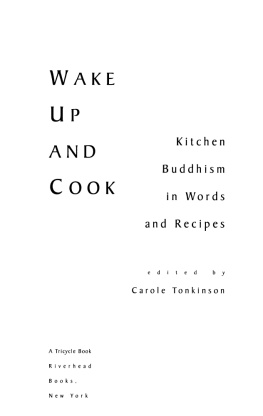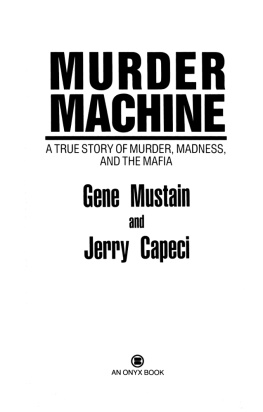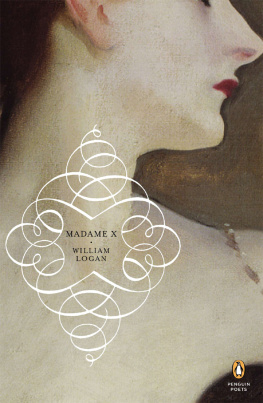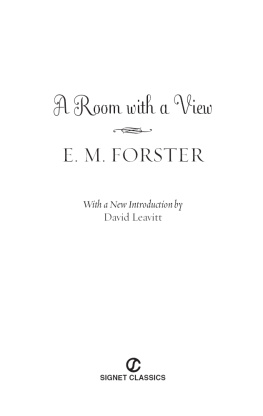W AKE
U P
AND
C OOK
TRICYCLE BOOKS FROM RIVERHEAD
Wake Up and Cook:
Kitchen Buddhism in Words and Recipes
edited by Carole Tonkinson
Meeting the Buddha:
On Pilgrimage in Buddhist India
edited by Molly Emma Aitken
Big Sky Mind:
Buddhism and the Beat Generation
edited by Carole Tonkinson
Most Riverhead Books are available at special quantity discounts for bulk purchases for sales promotions, premiums, fund-raising or educational use. Special books, or book excerpts, can also be created to fit specific needs.
For details, write: Special Markets, The Berkley Publishing Group, 200 Madison Avenue, New York, New York 10016.
W AKE
U P
AND
C OOK
Kitchen
Buddhism
in Words
and Recipes
edited by
Carole Tonkinson


Riverhead Books
Published by The Berkley Publishing Group
200 Madison Avenue
New York, New York 10016
Copyright 1997 by The Buddhist Ray, Inc.
Book design by Richard Oriolo
Cover design by Charles Woods
Cover photograph by Joanne Schmaltz/Photonica
A continuation of credits appears in the acknowledgments on .
All rights reserved. This book, or parts thereof, may not be reproduced in any form without permission.
First edition: January 1997
The Putnam Berkley World Wide Web site address is
http://www.berkley.com/berkley
Library of Congress Cataloging-in-Publication Data
Wake up and cook: kitchen Buddhism in words and recipes / edited by Carole
Tonkinson.1st ed.
p. cm.
A tricycle book.
ISBN: 978-1-101-66367-7
1. FoodReligious aspectsBuddhism. 2. CookeryReligious aspectsBuddhism. 3. Religious lifeBuddhism. 4. Cookery, Oriental. 1. Tonkinson, Carole.
BQ4570.F6W35 1997
294.34446dc20
96-22923
CIP
Once you know how
the dough becomes bread,
you will understand
enlightenment.
Shunryu Suzuki Roshi
Introduction
A man traveling across a field encountered a large tiger. He fled, the tiger after him. Coming to a precipice, he caught hold of the root of a wild vine and swung himself down over the edge. The tiger sniffed at him from above. Trembling, the man looked down to where, far below, another tiger was waiting to eat him. Only the vine sustained him.
Two mice, one white and one black, little by little started to gnaw away the vine. The man saw a luscious strawberry near him. Grasping the vine with one hand, he plucked the strawberry with the other. How sweet it tasted!
Paul Reps retelling a parable the Buddha told in a sutra
T ibetan Buddhist teacher Ane Pema Chodron describes the condition of being on a cliff with tigers above and tigers below as the predicament that we are always in, in terms of our birth and death. In this parable, she sees the following teaching: Each moment is just what it is. It might be the only moment of our life, it might be the only strawberry well ever eat. We could get depressed about it, or we could finally appreciate it and delight in the preciousness of every single moment of our life. It is in this spirit that this collection of food stories, meal blessings, and recipes are gathered: they are calls to wake up, when we cook and when we eat, when we stir a pot or pluck a ripened fruit.
In recognizing these ordinary, everyday activities as opportunities to awaken, we return to ancient teachings: from Buddhas own enlightenment, which was preceded by a meal, to the words of celebrated masters and contemporary cooks who bring the mind of enlightenment into monasteries, modern urban kitchens, meditation centers, and Zen bakeries and restaurants. What all these cooks and eaters have in common is an approach to food that encompasses Way-seeking mind.
A Zen cook, for example, cooks with an essential understanding that to harvest food and to eat is a celebration of the interconnection of all life and a recognition that these are holy endeavorsevery bit as holy as sitting in a meditation hall or offering incense and alms at a temple. Zen master Dogen wrote of this practice: Only those who have aroused this mind [Way-seeking mind] can know it, and only those who practice this mind can understand it. Therefore, you should look after water and grain with compassionate care, as though tending your own children. This collection offers the words and experiences of those who have followed this path with the intention that they might arouse the spiritual aspiration that can transform each moment of our livesin the kitchen and outinto enlightenment.
These brief anecdotes, teachings, blessings, and recipes offer a rough road map for bringing a spiritual path into your own kitchen, whether youre a Buddhist or not, if you cook and if you dont. Read them simply as a set of instructions on how to cook a meal or as guidelines on how to cook your life; according to the Zen master Dogen, it amounts to the same thing.
All texts and recipes retain their original spelling, style, and usage. Unless otherwise noted in the acknowledgments, all recipes are courtesy of Tricycle editors.
Awake
Buddha means awake, and to awakento be enlightenedis the aspiration of all who follow in the Buddhas footsteps. In order to find an answer to the pain and suffering of human life, the young Prince Siddhartha Gautama chose to leave his life of princely luxury and lead instead a stark, ascetic existence. For six years, he consumed the minimum amount of food necessary to survivesometimes only a single grain of rice and one sesame seed each day. One day, after he fainted from hunger and was unable to continue in his meditation, the Buddha-to-be put an end to his self-mortification and embarked upon a new course, a path of moderation. His followers perceived Siddharthas choice to live moderatelyparticularly his decision to eat food to sustain his practiceas a sign of weakness, but the young prince-priest held firm. It was not long after his fellow seekers deserted him that Siddhartha accepted an exquisite alms offering, a rich dish of rice milk, and it was this meal that nourished him in the days of sustained meditation that culminated in his awakening. This poetic retelling of the Buddhas abandonment of asceticism and embrace of moderation appears in a Burmese manuscript adapted and translated by Michael Edwardes.
A fter a time, five priests passed through the jungle on their way for rice, and came where the prince-priest was. He had been there six years, and they received the impression that he was soon to become a Buddha. They therefore remained with him, sweeping the enclosure, cooking rice, and doing other things suitable to be done. The prince-priest, having arrived near the time of his change to a Buddha, attempted a very long fast and refused to eat even the least kernel of rice... Thus, by his extreme fasting, he became exceedingly faded, and his appearance, though formerly like the purest gold, was now black, and the thirty-two [physical] signs of Buddhadom disappeared. While thus fasting, and being overcome by his extreme hunger, he fell down in a most pitiable manner in the place where he was walking....





![Harry Turtledove - Worlds that werent : [novellas of alternate history]](/uploads/posts/book/79050/thumbs/harry-turtledove-worlds-that-weren-t-novellas.jpg)




